The Importance of Swim Coaching for Elite Triathletes in Open Water Swimming
By Anna Petr
Elite triathletes are extraordinary athletes who excel in three disciplines: swimming, cycling, and running. Among these, open water swimming presents unique challenges, requiring a different skill set compared to pool swimming. To gain a competitive edge and improve overall performance, elite triathletes turn to swim coaching, particularly specialized coaching for open water swimming. In this article, we will explore the reasons why swim coaching is crucial for triathletes in mastering open water swimming and excelling in the world of triathlon.
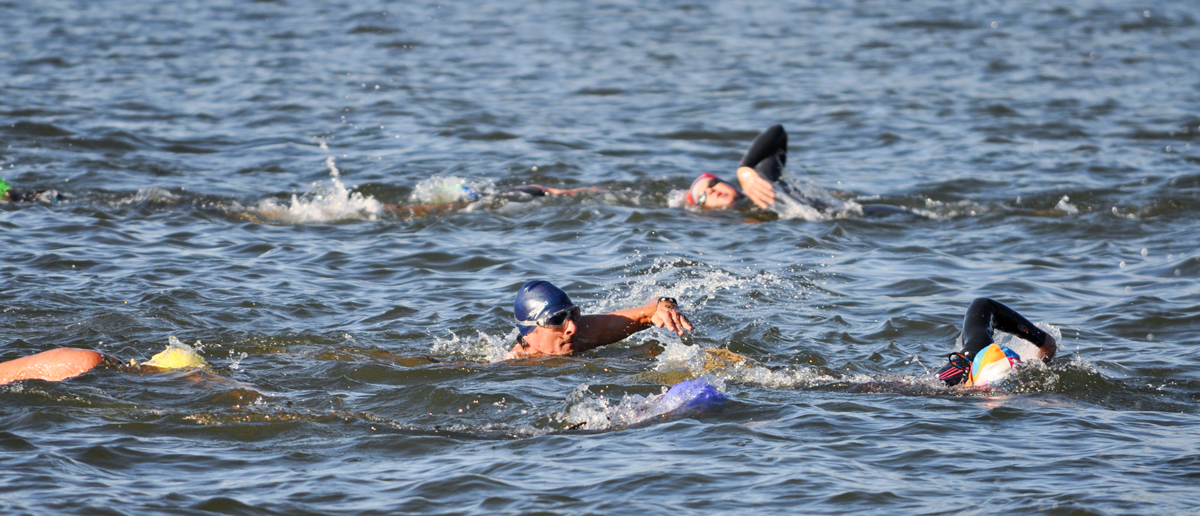
1. Navigating Unpredictable Conditions:
Open water swimming takes place in vast bodies of water such as lakes, rivers, or oceans, where currents, waves, and weather conditions can change rapidly. Unlike controlled pool environments, open water introduces variables that demand adaptability and strategy. A skilled swim coach can design training sessions that simulate these conditions, helping elite triathletes learn to navigate through unpredictable waters confidently.
2. Developing Efficient Stroke Techniques:
Swimming efficiently is essential to conserve energy during triathlons. In open water, where there are no lane lines to guide swimmers, mastering a straight and efficient swimming stroke is crucial. A swim coach can analyze an athlete’s stroke mechanics and make necessary adjustments to optimize performance. They can also teach specialized techniques like sighting, drafting, and bilateral breathing, enhancing the athlete’s overall efficiency and improving race times.
3. Mental Resilience and Race Strategy:
Open water swim starts can be chaotic and intense, with multiple athletes vying for space in the water. Elite triathletes must remain composed and focused during such situations. Swim coaching includes mental training to prepare athletes for the pressure of the race, preparing them to be resilient and maintain a clear race strategy. A skilled coach can help athletes approach open water swims with a positive mindset, turning perceived challenges into opportunities for success.
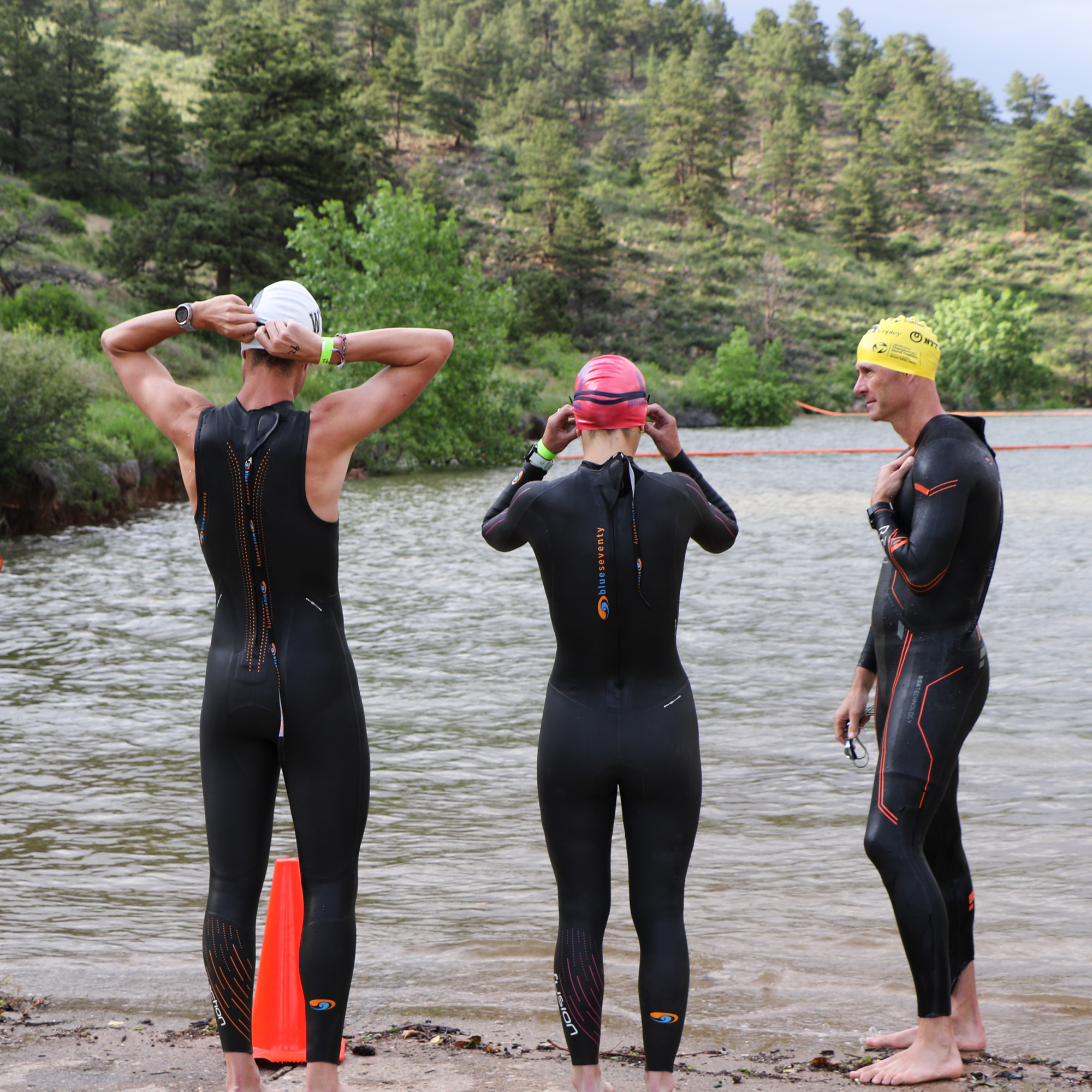
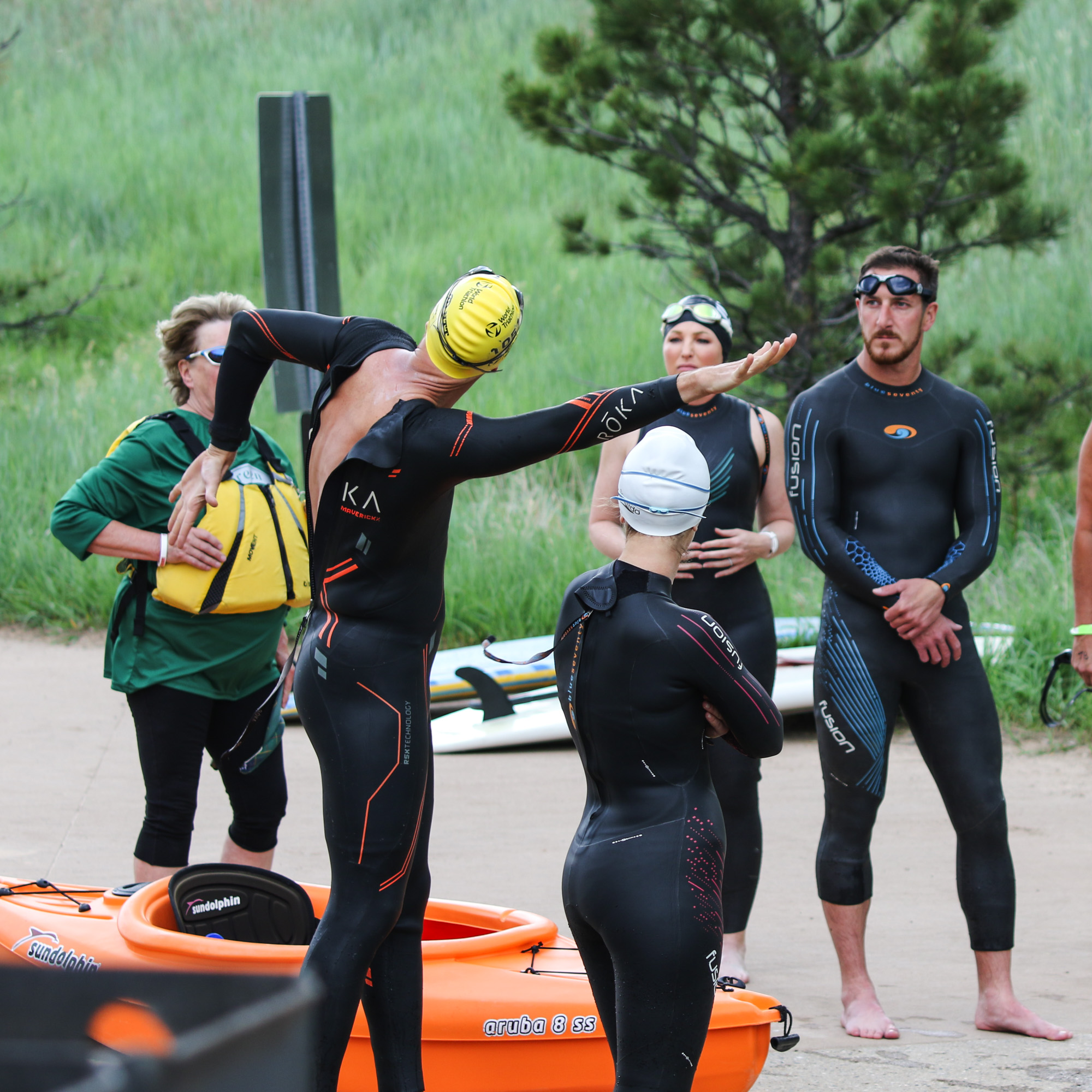
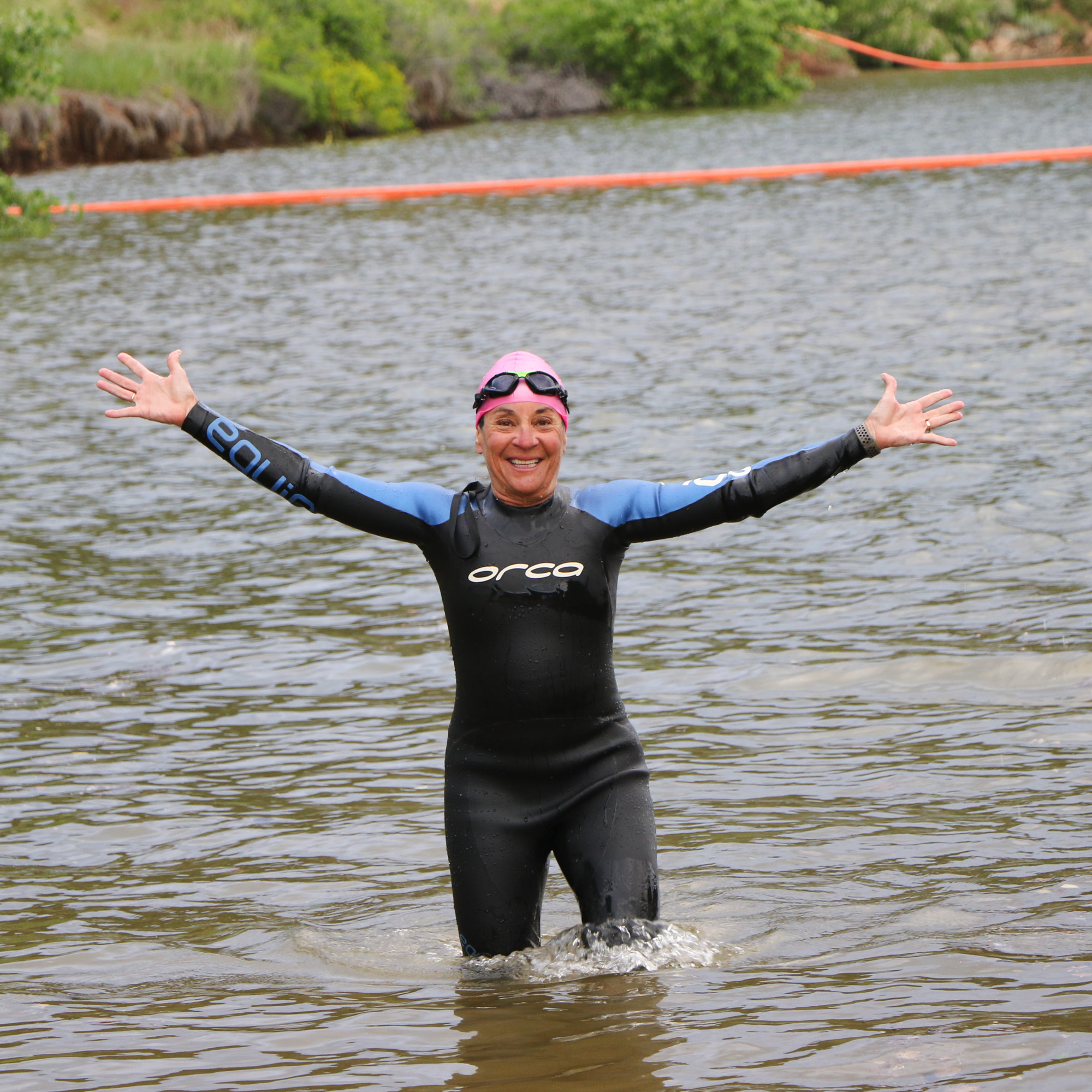
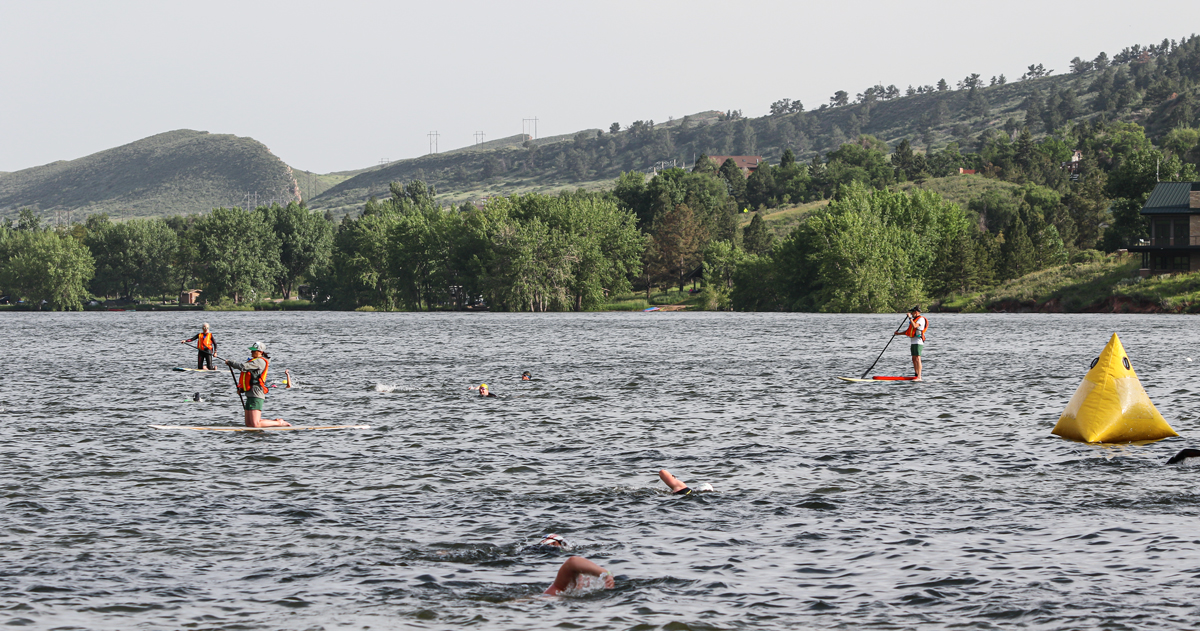
4. Learning to Navigate Buoy Turns:
Triathlon courses often include buoy turns that require athletes to make sharp turns around markers during the swim. Properly executing buoy turns can save valuable time during a race. Swim coaches can simulate these scenarios in training and provide feedback, helping elite triathletes refine their approach and execute efficient turns during actual races.
5. Training in Various Open Water Environments:
A major advantage of swim coaching for open water swimming is access to diverse training locations. Coaches can take athletes to rivers, lakes, or coastal areas, exposing them to different currents, water temperatures, and environmental factors. Such exposure prepares triathletes to adapt swiftly to varying open water conditions they may encounter during competitions.
6. Understanding the Impact of Drafting:
In open water swimming, drafting off another athlete can provide a significant advantage in conserving energy. However, mastering the art of drafting requires skill and practice. A swim coach can teach athletes how to position themselves effectively behind other swimmers and use drafting to their advantage, ultimately improving their performance during races.
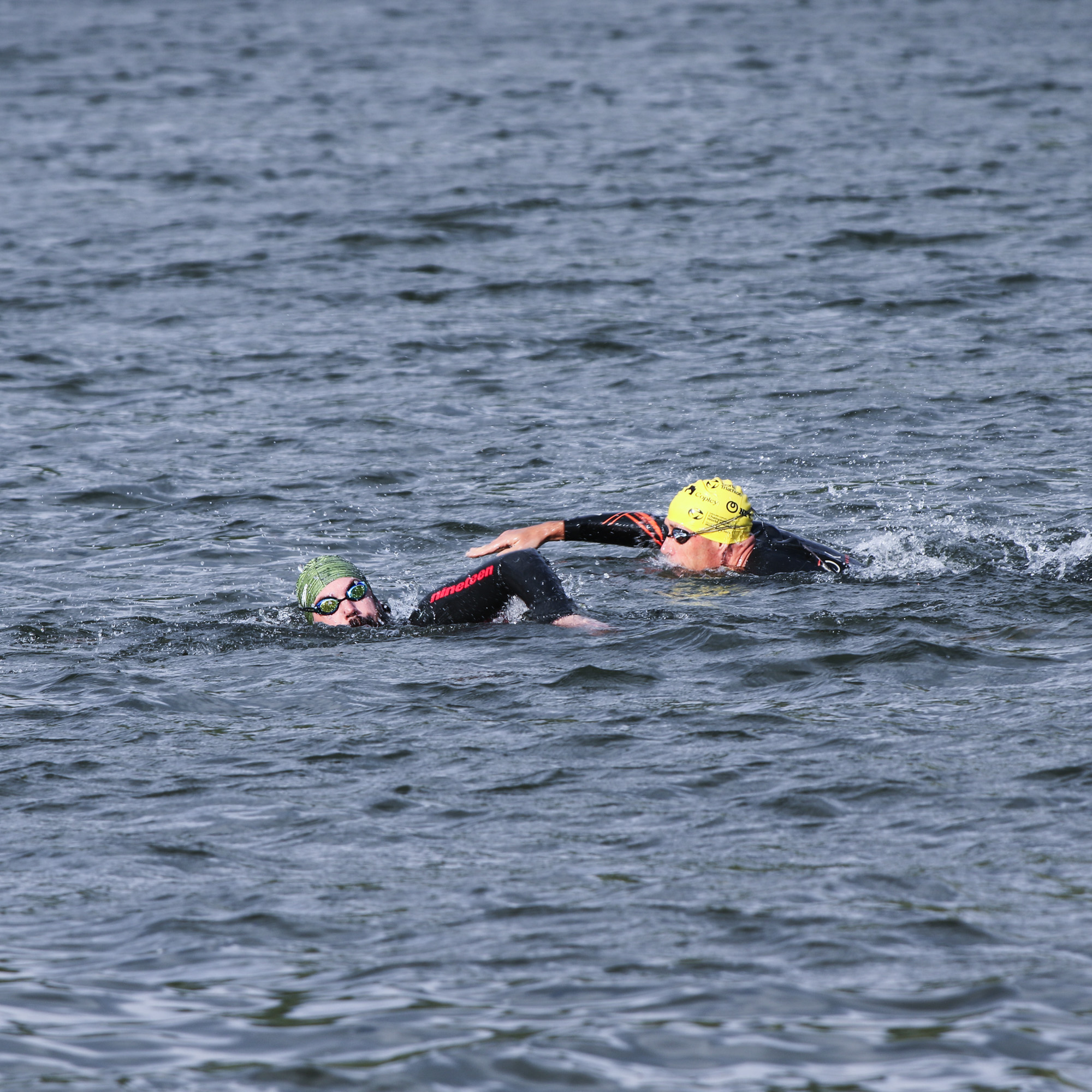
In conclusion, for any level triathlete, swim coaching specialized in open water swimming is a vital component in achieving peak performance and success in their triathlon endeavors. The guidance of a skilled swim coach equips athletes with the technical prowess, mental resilience, and strategic approach necessary to conquer the open water and excel in the world of triathlon. By investing in swim coaching, triathletes can continue to push the boundaries of their abilities in races.